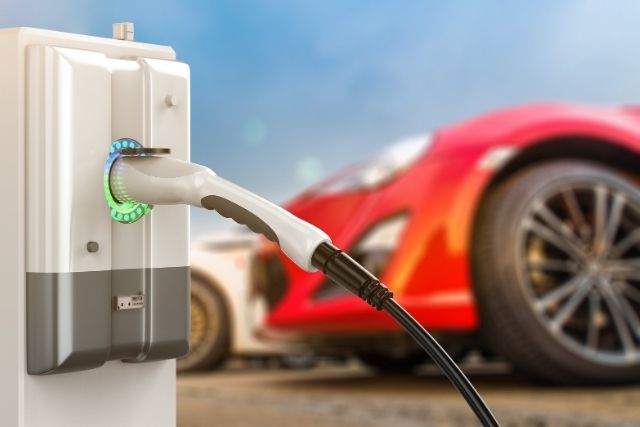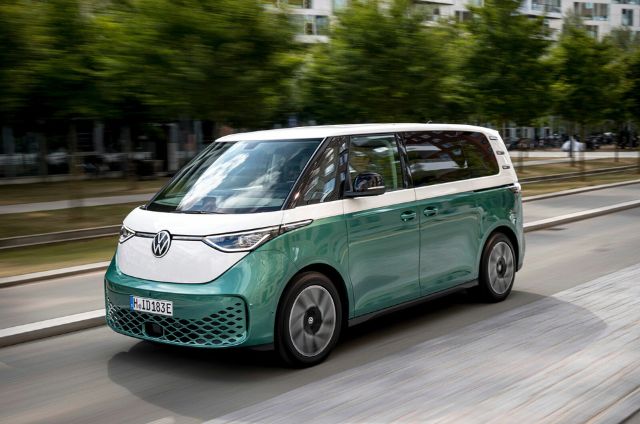A new study by consulting firm Accenture reveals that electric vehicle adoption is on track to hit 57% by 2034, yet the rate of growth is slowing. With 43% of non-EV drivers already considering an electric vehicle for their next purchase, the future of the EV market looks promising. However, the study warns that automakers need to rethink their strategies to cater to mainstream consumers, beyond the tech-savvy early adopters.
While global EV sales grew by 35% in 2023, this was a significant dip from 2022’s 55% growth and 121% in 2021. The decline in sales acceleration signals that automakers must adjust their approach to maintain momentum in the EV market. According to Accenture’s research, while the EV revolution is far from over, a “strategic reset” is necessary to reach a wider audience.
Automakers have largely targeted early adopters, such as “Strategists” and “Individualists,” who value technology, status, and luxury features. But to reach the broader market, manufacturers must shift focus toward the majority of car buyers — Carers, Conservatives, and Frugals. These groups prioritize reliability, affordability, and safety, with 80% of drivers identifying these as their top purchase criteria.
The study suggests that EV adoption can grow faster if automakers focus on the practical concerns of mainstream buyers. These include charging infrastructure, upfront costs, and how well EVs fit into daily life. Many potential buyers are put off by high initial costs and the lifestyle disruptions of EV ownership, particularly in areas with limited charging networks.
Five Mindsonas Shaping EV Adoption
Accenture’s research identifies five distinct “mindsonas” that represent the various consumer mindsets towards EV adoption:
- Strategists: Focus on luxury and technological innovation.
- Individualists: Drawn to cutting-edge features and personal expression.
- Carers: Prioritize the practical use of vehicles as tools for daily life.
- Conservatives: Emphasize reliability and proven value.
- Frugals: Will only adopt EVs once the costs align with their budget and expectations.
Early EV models were for Strategists and Individualists, who were willing to pay more for innovation and status. However, as 47% of drivers are already convinced that “the future belongs to electric vehicles,” mainstream consumers are now ready for the switch. To accelerate adoption, automakers need to tailor their products and messaging to address the needs of Carers, Conservatives, and Frugals.
Should All Go Electric?
Automakers looking to expand their EV offerings must consider a more personalized, omni-channel sales approach that caters to these distinct mindsets. This includes flexible financing options, promoting affordability, and ensuring that vehicles are for practical daily use. Partnerships across automotive, energy, and utility sectors will also be essential to address infrastructure concerns and make EVs more accessible.
As EV adoption continues to rise, automakers must not only refine their marketing strategies but also redesign products to meet the demands of a broader audience. If the industry shifts its focus to reliability, safety, and cost-effectiveness, the next decade could see a rapid acceleration in global EV sales.



